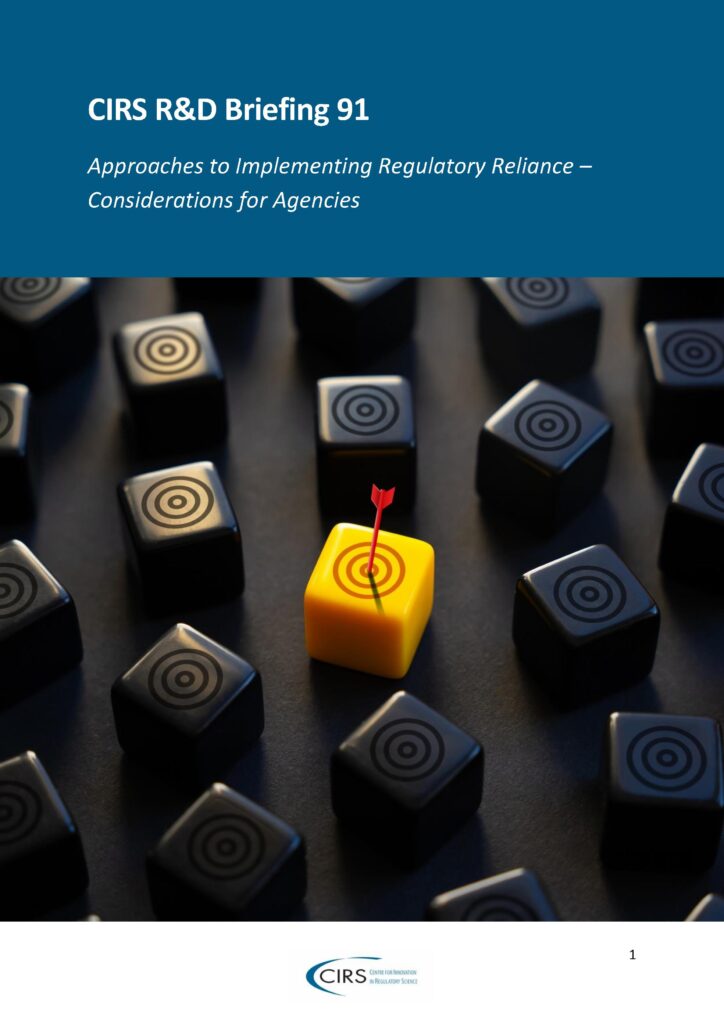This CIRS briefing delves into the increasingly pivotal role of regulatory reliance in the global pharmaceutical landscape. Reliance is defined by World Health Organization (WHO) as the act whereby the regulatory authority in one jurisdiction considers and gives significant weight to assessments performed by another regulatory authority or trusted institution, or to any other authoritative information, in reaching its own decision. The relying authority remains independent, responsible, and accountable for the decisions taken, even when it relies on the decisions, assessments, and information of others (WHO, 2021).
Reliance is recognised as a crucial 21st-century tool in the timely approval of medicines, no longer a matter of choice but a strategic necessity for regulatory agencies worldwide. Based on CIRS’ recent survey of agencies, 94% have unilateral reliance in place (32 across Africa, Asia, Latin America, and the Middle East). The benefits of reliance include optimisation of agency resource, accelerated review processes, more timely access to medicines, and enhanced capacity building, ultimately leading to more effective and efficient public health outcomes (CIRS, 2022).
CIRS has developed this briefing to support agencies in developing guidelines and implementing reliance. The findings are based on the experience and knowledge gathered through CIRS’ global collaborations, multi-stakeholder workshops, and research. CIRS focuses on the approaches to implementing regulatory reliance together with the considerations for agencies, and aims to provide a comprehensive understanding of the following aspects:
- A comparative analysis of the approaches to reliance in five ASEAN countries (Singapore, Malaysia, Thailand, Indonesia, the Philippines), Australia and Saudi Arabia. The application of reliance in the aforementioned countries, detailing the criteria and characteristics of their respective models, highlighting similarities, differences, and potential strengths and weaknesses.
- Methods for assessing the impact of reliance, ensuring it contributes to timely, efficient, and effective processes in medicine availability.
- Strategic considerations and proposed methodologies for effectively implementing reliance, with a view towards future opportunities.
- Tailored commentary and recommendations for agencies, drawing from the broader findings to support initiatives in developing and implementing reliance guidelines.

